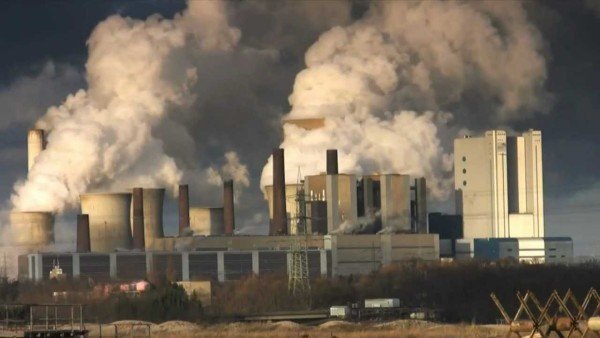According to a new research presented at the annual meeting of the American Association for the Advancement of Science, more than 5.5 million people worldwide are dying prematurely every year as a result of air pollution.
Most of these deaths are occurring in the rapidly developing economies of China and India.
The main culprit is the emission of small particles from power plants, factories, vehicle exhausts and from the burning of coal and wood.
The data was compiled as part of the Global Burden of Disease project.
Scientists involved in the initiative say the statistics illustrate how far, and how fast, some nations must travel to improve the air their citizens breathe.
Breathing in tiny liquid or solid particles can increase the risk of heart disease, stroke, respiratory complaints and even cancer. And while developed nations have made great strides in addressing this problem these past few decades, the number of citizens dying as a result of poor air quality in developing countries is still climbing.
According to the study, air pollution causes more deaths than other risk factors like malnutrition, obesity, alcohol and drug abuse, and others. The Global Burden of Disease project puts it as the fourth greatest risk behind high blood pressure, dietary risks and smoking.
In China, there are said to be about 1.6 million deaths a year; in India, it is roughly 1.3 million. This data is from 2013, the most recent year for which it is available.
The key sources of pollution concern are slightly different in each nation, however.
In China, the dominant factor is particle emissions from coal burning.
The project calculates this source alone is responsible for more than 360,000 deaths every year.
Even though China has targets to restrict coal combustion and emissions in the future, it may struggle to bring down the number of deaths because it is acquiring an aging population and these citizens are naturally more susceptible to the illnesses associated with poor air quality.
In India, the problem that draws particular attention is the practice of burning wood, dung, crop residues and other materials for cooking and heating.
This “indoor pollution” causes far more deaths than “outdoor pollution”.
Looking at the broad economic trends in India, the research team says the country runs the risk of having even poorer air quality in the future.
